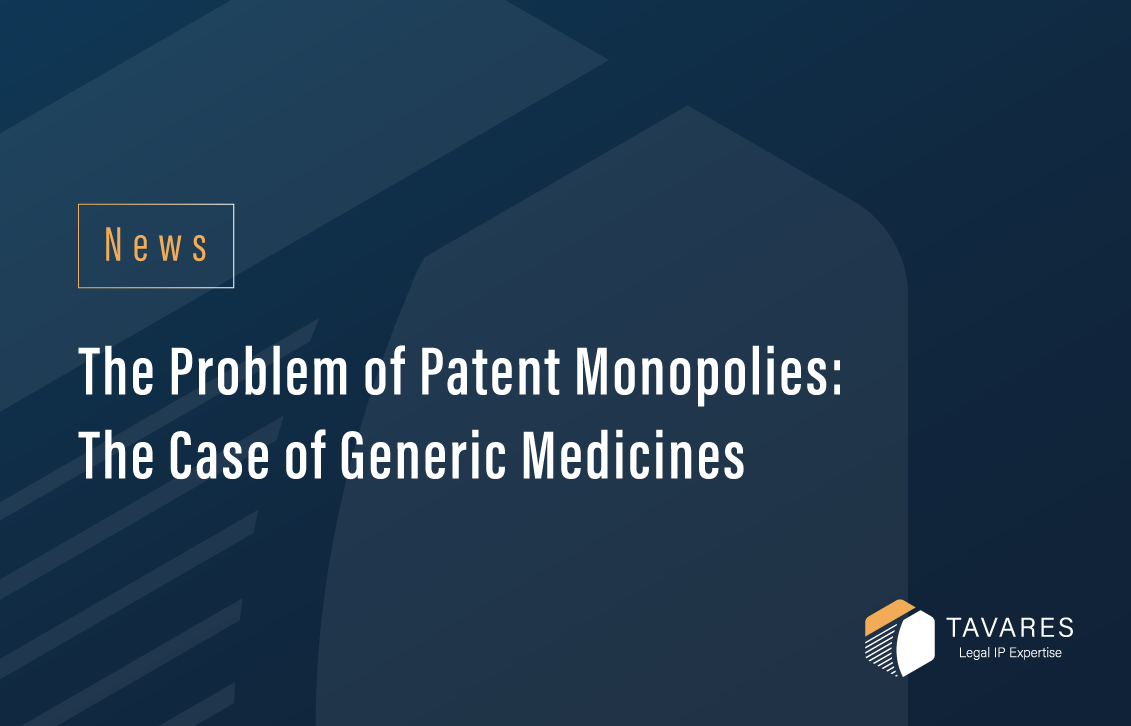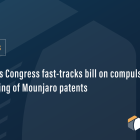Contrary to common belief, many liberal authors argue that patents are not a natural form of private property, but rather state-granted monopolies that restrict competition and create artificial scarcity.
In developing countries, the international patent system — especially under agreements like TRIPS — often limits technological progress and access to essential goods, particularly medicines. By ensuring legal monopolies, these rules can raise prices and deepen economic inequalities.
Brazil’s Generic Medicines Law (Law No. 9,787/1999) represents a landmark example of patent flexibilization. By allowing the production of generics after patent expiration, and in some cases before, it reduced prices and expanded access to affordable medications. Today, generics account for more than 70% of prescriptions in key therapeutic areas, saving Brazilian consumers an estimated US$60 billion since implementation.
This case demonstrates that rethinking patents is not only a matter of social justice but also a matter of genuine economic freedom, fostering competition, reducing costs, and boosting local production.






